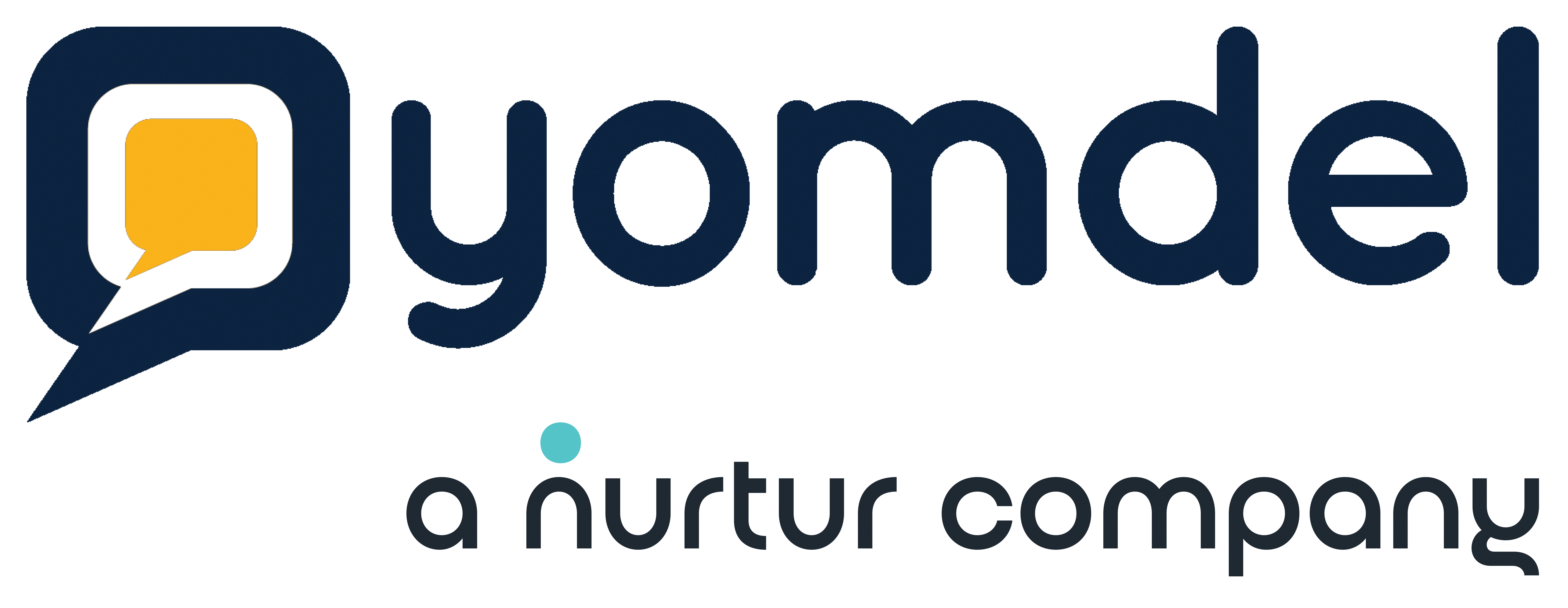For live chat to be effective it needs to deliver an exceptional quality experience for the customer. Deliver anything less than perfect and you run the risk of annoying people or even turning them away for ever.
Sometimes a message comes in that puts an immediate smile on your face. We are in the midst of on-boarding one of our newest property clients. This is a good business that is extremely protective of its brand and ensuring web visitors are have a terrific first impression.
"I’ve been doing some objection handling testing with one of your agents. He’s very good! Give the man a reward and stick him on our business in Nov."
Of course, you're now wondering just how good this particular chat was, so it is copied further down this post in its entirety.
But before you read that, here are seven ways to help create fantastic results from live chat.
- Manage Expectations. Live chat operators must give credible answers to all questions, even when they don't have the information to hand. This means carefully reading and quickly responding either with a full and informed answer, or by being honest and telling the visitor how they will help them get the right answer.
- Be honest. The golden rule here is never assume, never guess and never make things up. Be honest in responses and be human. Your online customers appreciate genuinely human responses.
- Use good grammar. No-one ever complains about a correctly used apostrophe. Simply put, if the live chat operator makes grammatical mistakes it undermines the professional quality of the engagement.
- Be structured but be prepared to go off script. The best results in live chat come when operators are armed with detailed information that enables them to offer accurate, credible and professional answers to questions. But they must not come across as robots. Humans like to have fun with words, and in a conversation it is essential the live chat operators both know their subject but also have the ability to go off script and have a nice chat.
- Operators need to prompt visitors. In order to achieve a successful outcome in live chat the operator ideally needs to take control of the flow of a conversation and prompt the visitor with key questions. This makes the visitor feel valued and believe the operator has a genuine interest in helping to address their needs.
- Be quick. There's no room for delay in live chat, responses are needed within seconds. Delay at your peril, as the visitor will simply disappear together with any opportunities they may have been bringing with them.
- Be always available. People come onto a website when it suits them, not when it suits you. Make sure the live chat operators are available around the clock. You will be amazed at the new business opportunities generated through the night.

And as promised, here is the full transcript of the chat that massively impressed our new Yomdel client. Have a read and let us know what you think.
James: Hi, welcome to Yomdel. Fancy a chat about our online chat solutions or mystery shopping services?
Visitor: Hi James - can I ask where you are based?
James: Thanks for coming on chat. Our office address is Parbrook House, Natts Lane, Billingshurst, West Sussex RH14 9EZ
Visitor: Where are you personally located?
James: This service is provided by Yomdel, a British company based in Sussex.
Visitor: Are you in the Phillipines?
James: Yes. We're located in the Philippines. Would you like to speak to someone about the service?
Visitor: We're actually going to be working with you in November - I just wanted to check some objection handling questions whilst we build up the knowledge bank. Do you mind if I throw a couple more your way?
James: Ok, yes that's fine. Can I just ask what company you work for and perhaps your name?
Visitor: Of course - I'm Mark, the company is XXXXXX
James: Ok, great to have you here on chat. What other questions do you have?
Visitor: Can I ask how you handle a customer who is sceptical of where you are. Maybe they ask what the weather is like in Billingshurst to catch you out?
James: We would use google to help us out or we have the UK operations team to assist.
Visitor: Thanks. Working in the property sector in the UK, that sense of scepticism is due to a view that property professionals are untrustworthy. How do you handle a customer that repeatedly asks why you can't answer a certain question (that might be expected by someone who does actually work for the company)?
James: We have general answers that we can provide in this situation. For this honesty is the best policy and we would normally explain that we aren't based at head office and it would be better for them to speak to a specialist. Of course we could provide a bespoke answer within your knowledge bank.
Visitor: If a customer asks you directly if you work for the client company, what do you say?
James: The first thing we would say would be this. 'We're a customer support team here to try to answer your questions, pass on messages or arrange for you to receive a call back'. If we are pushed by the visitor we would give this as a secondary answer - 'We are part of a live chat team. Would you like to speak to someone about the service?'
Visitor: Thanks. Couple more questions from me - what do you say when the customer asks what nationality you are / if James is your real name / if it's your real photo?
James: We are encouraged to go off script and we would always engage with the visitor where appropriate. Our pictures and names are avatars and I have never personally been asked that question. However if I was, we would normally advise we don't disclose personal information. Do you have any further questions Mark?
Visitor: Two more! Your written English is very good. It’s also quite formal – in the UK we use quite a lot of colloquial language (local dialect words that are unique to our funny little island) – how do you cope with words someone saying “haddaway, man” or “aye wee lad”
James: We are very passionate about English language at Yomdel. We would always keep it professional but we have an understanding of local phrases etc.
Visitor: If we wanted you to write with contractions (i.e. “I’d” instead of “I would”; “can’t” instead of “could not”) is that doable or against the training of your agents?
James: We usually have the KB structured in this way and we try to use this style of written language as much as possible when free typing. It's not against our training :)
Visitor: Thanks James – you’ve been very helpful. I’ll mention to Andy Soloman (your CEO) that you’ve impressed me!
James: Thanks Mark, phew! Have a great day and I hope I answered your questions correctly
Visitor: You did! Have a good day yourself. And I hope your weather is better than London is experiencing...
James: I'm pretty sure it is!






